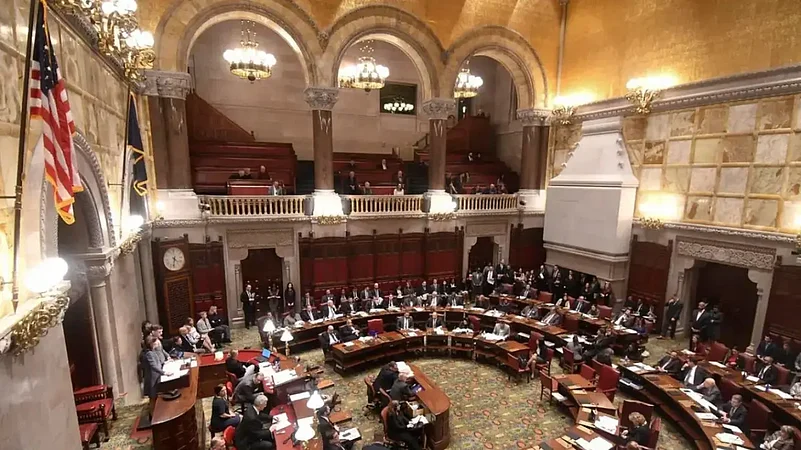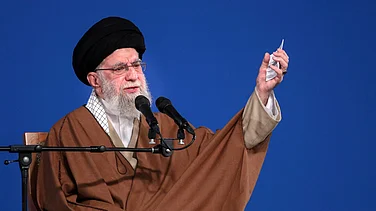A US Senator flagged the situation of religious freedom in India and urged the Joe Biden administration to engage with New Delhi to “reverse” its policies around “systematic religious and political persecution”.
Alleging religious discrimination and violence against peaceful protesters in India, Democratic Senator Tammy Baldwin introduced a resolution in the US Senate earlier this week.
“Religious freedom is a fundamental human right, and when any country infringes on it, the United States must stand up and speak out," the Senator said in a statement.
"I am calling on the United States to continue pushing the government of India to reverse course on the systematic religious and political persecution that is endangering and disenfranchising innocent civilians,” he added.
The resolution urges the Biden government to engage with the Indian counterpart to end the persecution of and violence against religious minorities and human rights defenders in India and work to reverse policies that discriminate against Muslims and Christians on the basis of faith.
The resolution also calls for an end to the demolition of homes, businesses, and places of worship belonging to Muslims and Christians.
Welcoming the resolution, Rasheed Ahmed, Executive Director of the Indian American Muslim Council, said rising social conflict and democratic backslide in India will weaken and not strengthen India's relevance as a global bulwark against anti-democratic forces.
Any Senator has the right to introduce a resolution but the introduction itself does not mean it will find other co-sponsors, be taken up by the relevant Senate committee, or be discussed in the chamber. A resolution is nonetheless a signal of the individual’s priorities and can also be driven by interest groups, including activist groups and donors.
India has previously trashed similar remarks by the US State Department on religious freedom and alleged attacks on minorities, calling them "motivated" and "biased". In May, External Affairs Ministry spokesperson Arindam Bagchi said that such reports are based on "misinformation and flawed understanding".


























